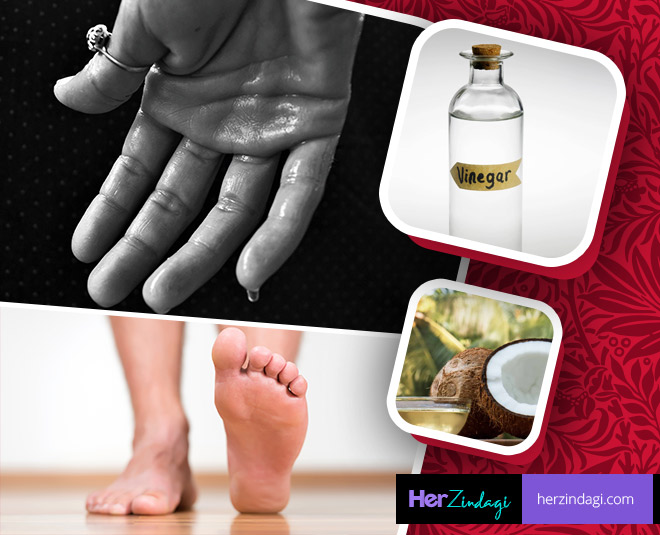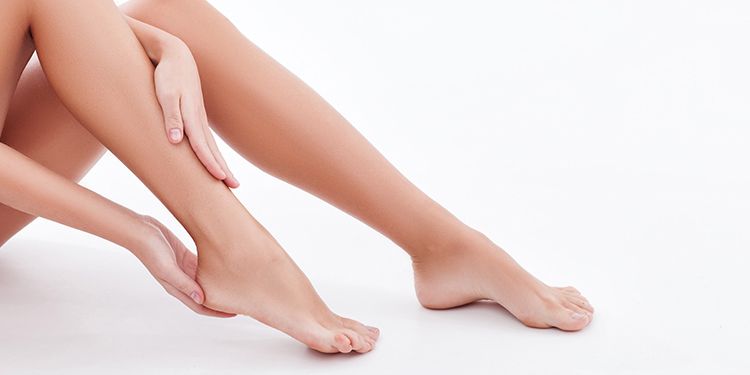Effective Dermatology Solutions for Excessive Sweating: How to Stop Sweaty Hands and Feet
Effective Dermatology Solutions for Excessive Sweating: How to Stop Sweaty Hands and Feet
Blog Article
Understanding the Origin Causes of Excessive Sweating and Its Effect On Daily Life
Extreme sweating, additionally called hyperhidrosis, is a problem that affects a significant portion of the population, yet its hidden causes and implications on day-to-day operating continue to be rather enigmatic. While it is frequently understood as a physical reaction to manage body temperature, the triggers for excessive sweating can differ commonly among people, including not only physical variables yet also emotional and mental elements. Additionally, the influence of this problem extends beyond mere pain, commonly influencing social communications and overall lifestyle. By delving into the origin of hyperhidrosis and discovering its diverse effects, a deeper understanding of this prevalent problem can be obtained, losing light on the complexities that individuals coming to grips with too much sweating browse every day.
Physiology of Sweat Glands
The law of sweat production, an important physiological process, is mainly regulated by the task of sweat glands dispersed across the human body. Sweat glands are classified right into 2 main kinds: eccrine and apocrine glands.
When the body temperature rises, either as a result of exercise, heats, or emotional stress, the nerves sets off the gland to create sweat. This sweat is composed mostly of water and electrolytes like salt and chloride. The procedure of sweat manufacturing is important for keeping the body's inner temperature level within a slim, optimum variety, highlighting the vital duty gland play in human physiology.
Triggers for Excessive Sweating
In recognizing the origin of excessive sweating, it is vital to recognize the triggers that can cause this physiological feedback. Excessive sweating, additionally called hyperhidrosis, can be prompted by different variables, both physical and environmental. One common trigger is psychological stress and anxiety or anxiety, which can promote the body's gland to generate even more sweat than is essential for cooling. Physical physical effort, high temperatures, and spicy foods are also recognized to set off extreme sweating in people susceptible to this problem. Specific clinical conditions like hyperthyroidism, diabetes mellitus, or menopause can contribute to extreme sweating as well.
Moreover, drugs such as some antidepressants, opioids, and specific supplements can additionally function as triggers for hyperhidrosis. Understanding these triggers is essential in handling excessive sweating successfully - Treatment for hyperhydrosis of hands. By recognizing and attending to the specific triggers that motivate extreme sweating in a private, doctor can establish customized therapy strategies to relieve this condition and enhance the person's lifestyle
Medical Issue Associated
Connected with excessive sweating are numerous medical conditions that can aggravate this physiological feedback. One usual problem is hyperhidrosis, a condition identified by extraordinarily increased sweating that exceeds the body's thermoregulatory requirements. This can show up in focal locations like the hands, soles, underarms, or face, affecting a person's top quality of life because of social humiliation and discomfort.
Additionally, endocrine problems such as hyperthyroidism, diabetes, and Source menopausal warm flashes can additionally bring about extreme sweating. Hyperthyroidism triggers an overproduction of thyroid hormones, speeding up metabolic process and setting off sweating. Diabetes mellitus can cause sweating episodes, especially throughout hypoglycemic episodes when blood sugar degrees drop as well reduced. Menopausal warm flashes, credited to hormone changes during menopause, can cause extreme and sudden sweating, commonly gone along with by flushing and heart palpitations.
Furthermore, infections like tuberculosis, HIV, and endocarditis have been related to evening sweats, a typical sign known to interrupt rest and impact overall well-being. These medical conditions highlight the varied variety of underlying elements that can contribute to extreme sweating, demanding comprehensive analysis and management by health care professionals.
Psychological and emotional Aspects

Effect On Social Communications
Too much sweating can have extensive impacts on an individual's capability to engage comfortably in social communications. The visible signs of sweat discolorations or wet spots on clothes can cause embarrassment and self-consciousness, triggering people to take out from social circumstances. This withdrawal can influence connections, limit social activities, and prevent expert and personal growth.

Furthermore, the anxiousness and self-confidence issues stemming from excessive sweating can influence interaction and social skills. Individuals might have a hard time to focus on conversations, join team tasks, Home Page or express themselves with confidence. This can lead to feelings of isolation and loneliness, as social connections end up being testing to preserve.
Conclusion

While it is frequently recognized as a physical response to regulate body useful link temperature, the triggers for extreme sweating can vary extensively amongst individuals, including not only physical aspects yet emotional and likewise emotional aspects. By diving right into the root causes of hyperhidrosis and exploring its multifaceted results, a deeper understanding of this pervasive issue can be gained, dropping light on the intricacies that people grappling with excessive sweating navigate on a day-to-day basis.
Physical exertion, high temperatures, and spicy foods are also understood to activate extreme sweating in people susceptible to this condition. By determining and resolving the certain triggers that prompt excessive sweating in a private, healthcare carriers can establish tailored treatment strategies to reduce this condition and boost the individual's quality of life.
Extreme sweating can have profound effects on an individual's ability to involve comfortably in social communications.
Report this page